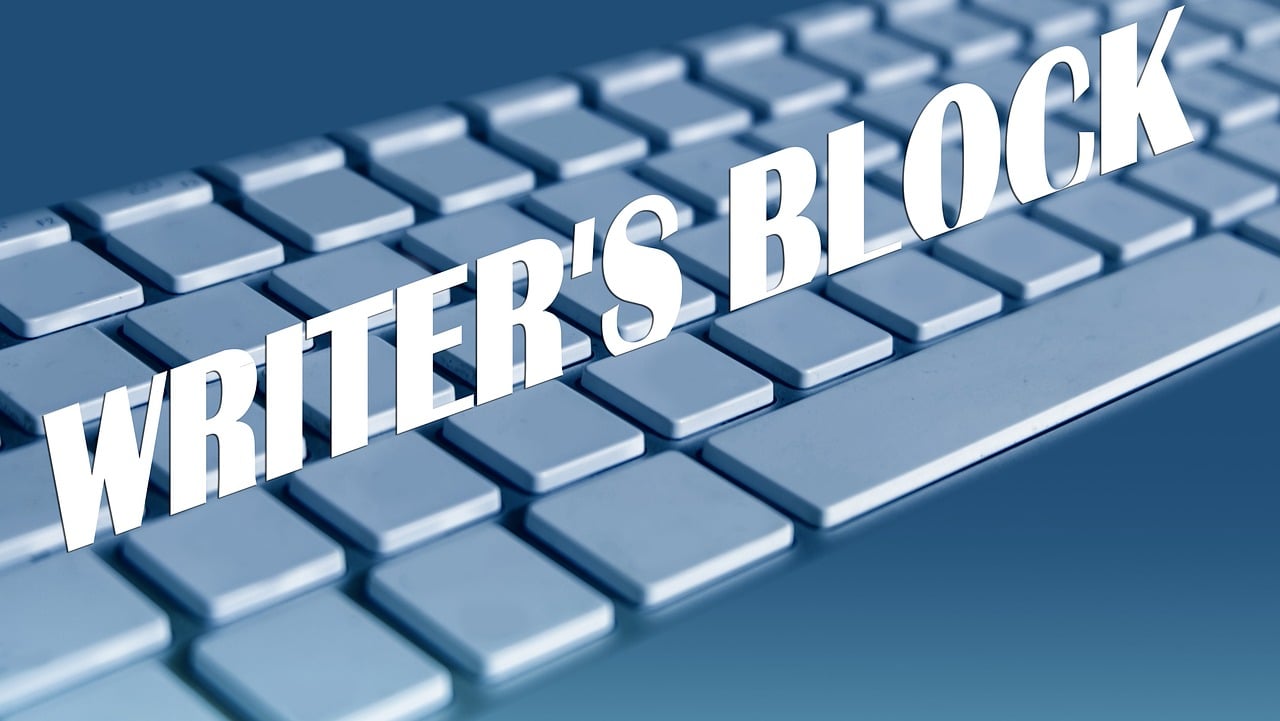I’ve found myself stuck on occasion–otherwise known as staring writer’s block in the face. I’ve tried lots of ways to unstick myself, thought I’d found the best, and just discovered the ultimate. Read on and be amazed…
What being stuck looks like
For me, writer’s block isn’t the inability to write; I can always write something. The block part comes when I can’t write something GOOD–otherwise known as brilliant, inspiring, or exactly the opposite of the boring, uninspiring trash I just wrote.
Many years ago, a writer friend of mine (Nancy Harwood Bulk, who has since passed away), gave me some excellent advice. She said that if you hit a snag in your plotting, or you don’t know how your character should respond, make a list of options. And never use the first ten or twenty of them. Her take was that the first things that came to mind would also come to the mind of the reader and, therefore, were a death knell to good fiction.
I’ve been using that advice for a long time. And, I’m sorry to say, it hasn’t helped me craft the opener my new book. (Which I’m pantsing, by the way. First time for everything.) In the past two weeks, I’ve rewritten the opener about eight times and changed the starting point as many times. I’m nearly bald from ripping my hair out.

What getting unstuck looks like
Because what we writers do when we hit a snag is conduct online research and become embroiled in procrastination, I began searching for creativity tips. Lo and behold, the creativity gods smiled and pointed me in the direction of my latest treasure. In turn, I’m sharing it with you.
You’re welcome.
After following this guy’s advice I completely turned around my block and have a TON of excellent ideas to work with … and already started putting them into action. I share the link three paragraphs down.
My first go-to for any advice about writing is Writer’s Digest and it had some great articles. If you don’t already have a subscription, get one. The online version is much less expensive than the paper/mailed version. I get both.
I stumbled across several by Jane Friedman, whom I love, which prompted me to visit her website. And that’s where I struck gold. FYI, I don’t know her, never met her, and am not being compensated in any way for this recommendation. She’s just too good not to share.
Jason Keath wrote an article on her website in October of last year, which I obviously missed. Clearly, Karma knew I’d need it more now than I did then … and that you would too. Bad Ideas for More Creative Writing (https://janefriedman.com/3-bad-ideas-for-more-creative-writing/) contains three different tips:
- The Bad Idea Method
- Constraint Questions
- The Fast & Ugly Draft
The Bad Idea Method worked for me and is now my new go-to. How do you get unstuck? What do you think of Jason’s ideas?






